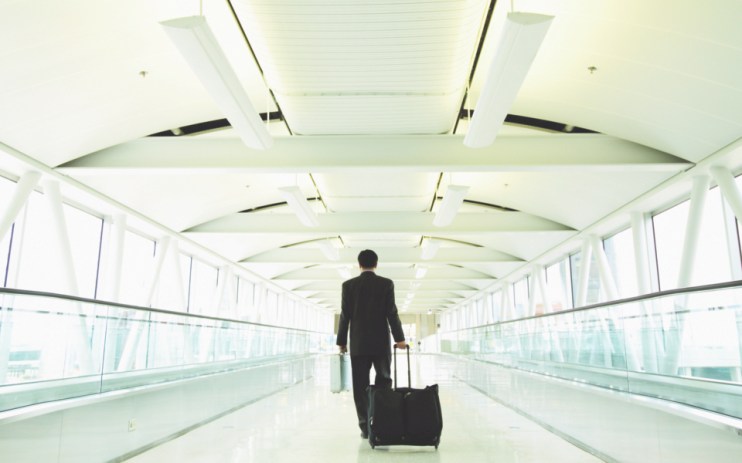Business travel: What does 2022 hold for your work trips?

A combination of factors will determine how often we will be packing a suitcase this year. Firstly, heightened sensitivity around carbon footprints will drive businesses to be more responsible and look carefully at the number of flights employees are taking. When Zoom will suffice, that lunch in Brussels may not cut the mustard (although there is always an argument for the benefit of a real face-to-face).
Secondly, even though a few leaders such as Goldman Sachs boss David Solomon think remote working is an “aberration”, hybrid working (where people locate themselves from a combination of a company HQ, home and coworking space or hotel, for example) is already being adopted by many companies. This means time out of the office is no longer a hurdle. Thirdly, international travel will be more complicated than pre-pandemic, even with the vaccine, which means the hassle of going overseas needs to be worth the effort (and risk).
All this points to a defining trend of the 2020s being “fly less, stay longer”. According to Reuters, Mars (as in Mars Bar) will be keeping business travel to less than half pre-pandemic levels (meaning 145,000 fewer flights per year) putting the decision down to saving money, as well as environmental and health concerns.
Before the Covid crisis, entrepreneurs and freelancers who weren’t employed by big organisations were spearheading the “digital nomad” revolution – setting up shop at poolside resorts in Bali and hip Airbnbs in Lisbon. Now, the matcha-latte lifestyle is becoming available to “corporate nomads” who will benefit from more flexible travel policies that allow – if not encourage – them to spend longer periods of time on the road, combining meeting clients with conducting day-to-day business from remote locations. Hotels with coworking space – and coworking clubs such as Soho House that come with hotel rooms – will set new expectations from corporate hospitality.
Although this could mean more time away from families, a major benefit might be the ability to fly loved ones out for a “workation”. Not so long ago, tagging some holiday on to a business trip was something to be negotiated – this year it will be expected. (That said, I really hope the word “bleisure” is made redundant.) What’s more, it will be younger people (Gen Y and Gen Z) aged between 20 and 40 that are driving uptake of corporate nomadism, as these born multitaskers are already au fait with a “blended” work-life paradigm.
In June, expense management platform Emburse announced the findings of a YouGov survey of 1,202 prospective business travellers that assessed attitudes towards business travel. It found that 52 per cent of younger people aged 18-34 were keen to go on business trips, compared to just 38 per cent of those aged 55-plus. Overall, 26 per cent of people said they would be most looking forward to exploring new places.
Although it’s unlikely that we will see corporate nomads motoring around Europe in camper vans, train travel will likely become the default way of journeying across the continent. In fact, France has even gone so far as to ban short-haul flights between city pairs than already have good rail connections (such as Paris-Lyon) and are under 500km apart. In 2024, French start-up Midnight Trains will offer an upgrade to the sleeper train experience with a “hotel on rails” that will connect Paris to a dozen other cities including Madrid and Copenhagen, and provide corporate nomads with private rooms, a restaurant and bar. Let’s just hope the wifi’s good.